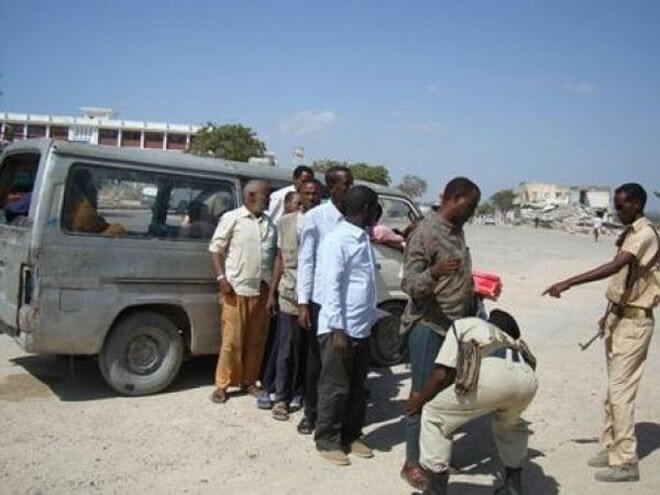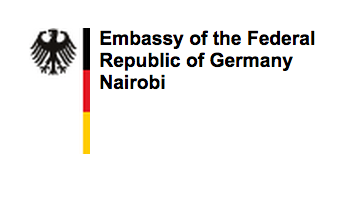No End in Sight for Somali Political Bickering
NAIROBI, KENYA—Somalia’s political leaders are at loggerheads once again over the reorganization of the cabinet, prompting a warning from the United Nations to focus on building credible institutions to move the country forward. Analysts say the next year will be crucial for solidifying Somalia’s recent gains after decades of lawlessness.
The controversy began Monday, when U.N. envoy to Somalia, Nicholas Kay, said he was concerned about allegations that lawmakers were being bribed in exchange for votes to oust the prime minister.
In a statement, Somali President Hassan Sheikh Mohamud acknowledged the U.N.’s concern, but called for the international community to respect Somalia’s right to determine its own future, and allow Somali leaders to resolve their differences.
Political fault lines
The political bickering between the president and Prime Minister Abdiweli Sheikh Ahmed began two weeks ago after the premier made a cabinet reshuffle. Among those affected was the president’s close ally and Minister of Livestock and Husbandry Farah Sheikh Abdulkadir.
The president termed the changes null and void, setting off an increasingly public dispute between the two leaders and their supporters in the parliament.
This is the kind of division that has plagued Somali politics for years. But Somali lawmaker and former constitution minister Abdirahman Hosh said it is good for Somali leaders to negotiate, calling it part of the democratic process.
He added that ultimately, the politicians must settle their disputes.
“Top leaders’ political wrangling is good thing for us. Leaders who agree on everything is not good for the country. The politics itself is about people with different views coming together, but when there is a division, then a solution has to be found to solve the differences,” said Hosh.
Contentious stability
Some political observers have blamed the Somali constitution for continuous infighting between presidents and prime ministers.
James Smith is an independent analyst who told VOA that clashes between the two leaders are almost a certainty.
“It speaks of the broader problems with the constitutional make-up of the executive [branch]… but at the same time, the lines between these two individuals, responsibilities and authorities of these two individuals is so blurred, actually infighting is almost is to be expected,” said Smith.
The current Somali government marked its second year in power a month ago — a very long term of political stability by Somali standards.
Smith noted that whichever way this latest infighting ends, the government is running out of time to build credible institutions and prepare for elections in 2016.
“I am quietly optimistic this will be resolved without the collapse of the cabinet, without the replacement of the prime minister. I think there is awareness that patience is running out amongst international circles despite some of the rhetoric that’s been coming against them recently,” he said. “And I think there is awareness that people’s patience, donors patience is running out. Another three months process to find a new prime minister is going to frustrate a lot of people.”
Hosh agreed the government has many other problems on its plate, and cannot afford to lose more time to internal politics.
Source: VOA News
Comments
comments
 Calendar
Calendar








































